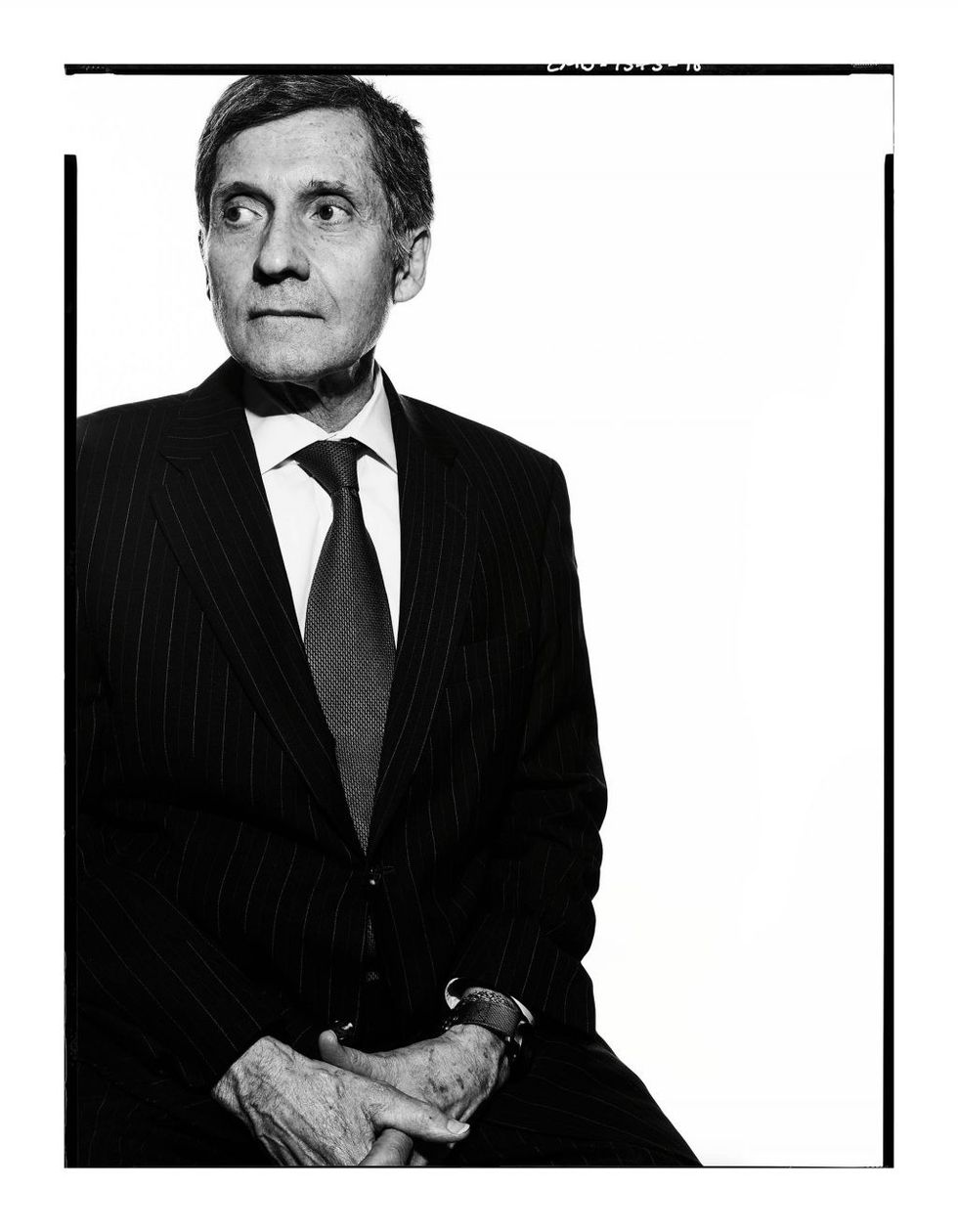Bottom Line Up Front: Six months after the historic June 11, 2018 Summit between President Donald Trump and Chairman Kim Jung Un, the American public is losing patience with a North Korea that continues to make nuclear weapons and missile delivery systems. Many now doubt that North Korea will ever completely denuclearize, as promised at the historic Summit. So, let’s look at the facts and assess whether continued negotiations will result in the complete denuclearization of North Korea.
Background: During the past six months, there has been some progress with North Korea: There have been no nuclear tests or missile launches; Secretary of State Mike Pompeo has been to Pyongyang to meet with Kim Jung Un; Vice Chairman Kim Yong Chol has been to the U.S. to meet with Pompeo; a joint South Korea-North Korea Liaison Office will be established in Kaesong, North Korea; a survey to connect South-North rail lines has been approved and guard posts at the Demilitarized Zone (DMZ) have been dismantled by the North. Other confidence building measures are forthcoming, to include plans for a second Trump-Kim summit in early 2019.
Ambassador Joseph DeTrani, Former Special Envoy for Negotiations with North Korea
"North Korea wants to be accepted as a nuclear weapons state. This, we know, because North Korea’s negotiators have been telling us for the past twenty-five years. We also know that Kim, like his father, Kim Jong il, also wants a normal relationship with the U.S., and an end to international isolation and punishing sanctions."
Kim knows he can’t have both; that he has to choose between becoming a normal non-nuclear sovereign state or an isolated, heavily-sanctioned nuclear weapons state. It appears that Kim Jung Un, a young man who studied in Switzerland, had made the strategic decision to focus on economic development and normal relations with the U.S. and other countries, knowing that it would only be possible with complete denuclearization. This is what Kim publicly pronounced in his 2018 New Year’s address to his people; it is what he told Presidents Donald Trump and Moon Jae In. However, this young leader has also made it abundantly clear that North Korea needs security assurances and economic development assistance, if they are expected to denuclearize completely and in a way that can be verified.
Given all that transpired in 2018 – three summits between Kim Jung Un and Moon Jae In; three meetings between Kim and China’s Xi Jinping; a Kim-Trump summit and the flurry of visits between Pompeo and his counterpart, Kim Yong Chol – the question remains, why hasn’t there been any progress on actual denuclearization? Why is North Korea still producing fissile material for nuclear weapons? And why do activities continue at various missile launch sites in North Korea?
Ambassador Joseph DeTrani, Former Special Envoy for Negotiations with North Korea
"They are valid questions. One of the obvious answers is that real, working-level negotiations have not occurred. Yes, we’ve had senior level discussions and agreements at the highest levels of our governments, but the working-level negotiations to work on the particulars have not occurred."
So, in fact there’s no agreement obligating either party to take steps toward denuclearization and the provision of security assurances and economic development assistance. And the absence of these negotiations, to draft agreements for implementation, fuels the current suspicion that North Korea isn’t really committed to “complete denuclearization”, that the North wants sanctions lifted and then, and only then, will they start to denuclearize, possibly still hoping to retain some nuclear weapons capability.
The U.S. has made it clear that sanctions will remain in place until complete denuclearization is achieved. These and other issues will have to be negotiated, to ensure that both countries agree to the same road map, with time lines, including a verifiable denuclearization of the North, in return for security assurances and economic development assistance that provides a path to the normalization of relations between the U.S. and North Korea.
Ambassador Joseph DeTrani, Former Special Envoy for Negotiations with North Korea
"These are complex issues. It took the U.S., in Six Party Talks negotiations, more than two years to come up with a draft Joint Statement that North Korea and five other countries could agree to in September 2005. During that time, dozens of working-level meetings were convened, to work the particulars."
Currently, it appears that during the past six months, there hasn’t been a single working-level meeting between U.S. Special Representative Steve Biegun, and his counterpart, Vice Foreign Minister Choe Son Hui. That in itself, is amazing. And from what’s available publicly, it’s North Korea that appears unwilling to have these working-level negotiations.
Looking Ahead: Although 2018 has moved us closer to a peaceful resolution of issues with North Korea, it’s important now to show progress on the core issue: complete and verifiable denuclearization of North Korea’s nuclear weapons and nuclear facilities, with a verification protocol that permits nuclear monitors to inspect non-declared suspect nuclear sites. Without progress on this issue, it’s likely that the public and the Congress will demand that the Administration revert back to a policy of “maximum pressure”, which could move us closer to a policy of “fire and fury”, reminiscent of the palpable tension we experienced in 2017.
Hopefully, North Korea will see the value in permitting working-level nuclear negotiations with the U.S., to ensure progress on a peaceful resolution of issues, rather than the U.S. reverting back to a policy of “fire and fury.”
Get more expert analysis from Ambassador Joseph DeTrani here...
Joseph R. DeTrani was the former Special Envoy for Negotiations with North Korea. The views are the author’s and not those of any government agency or department.















